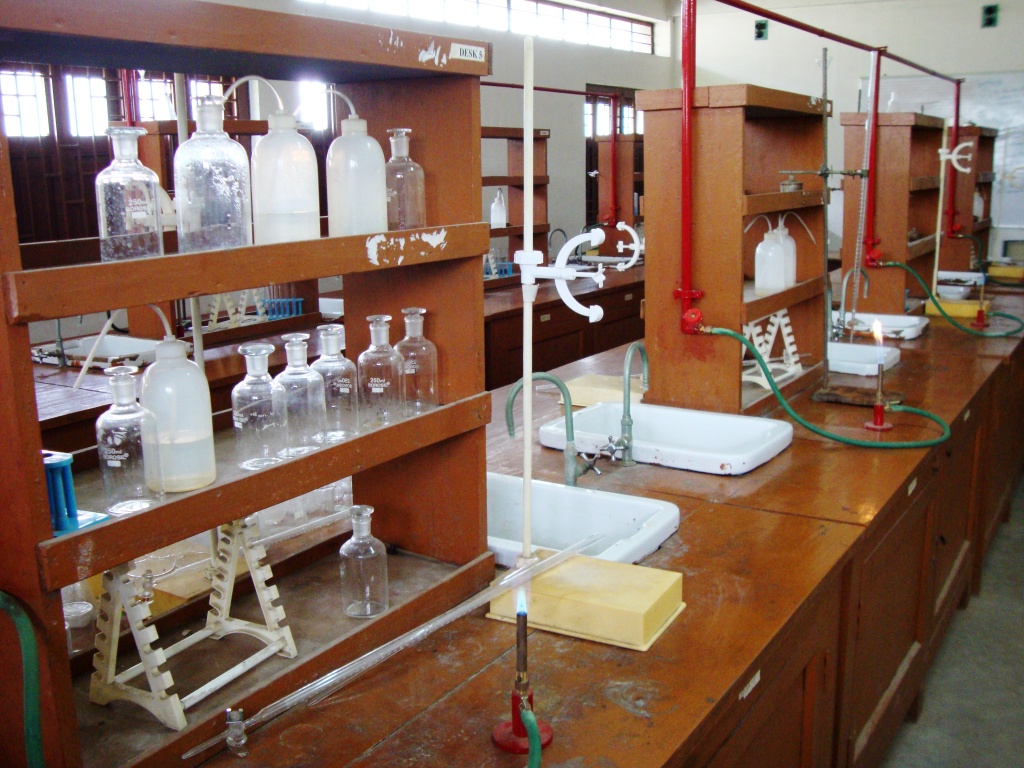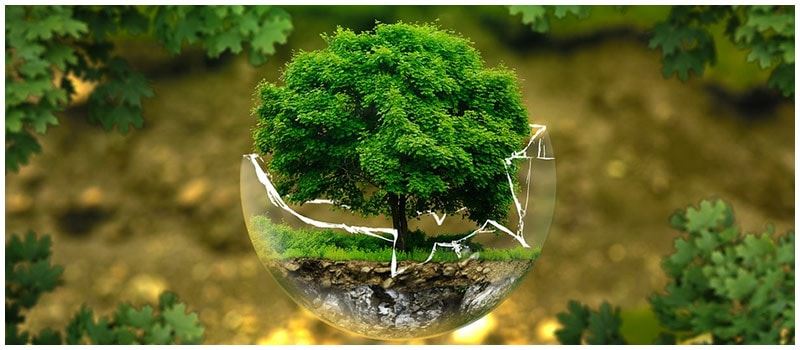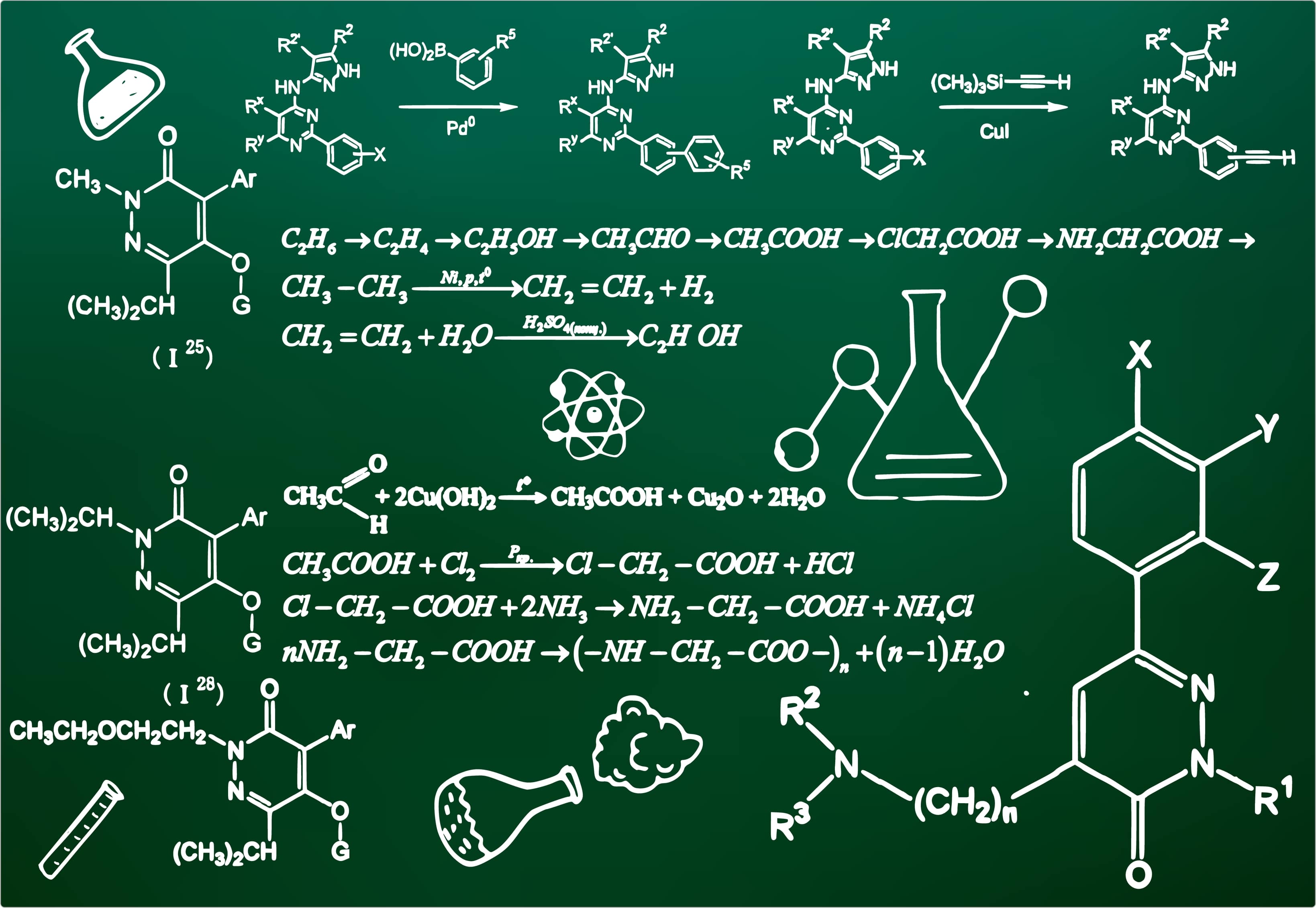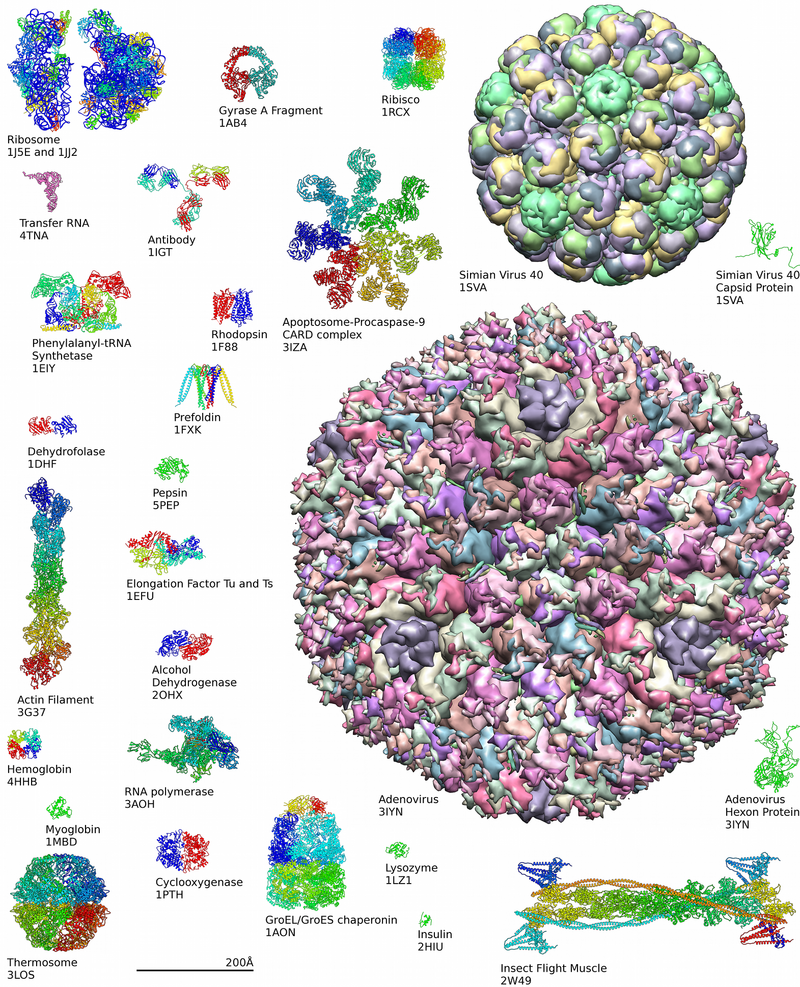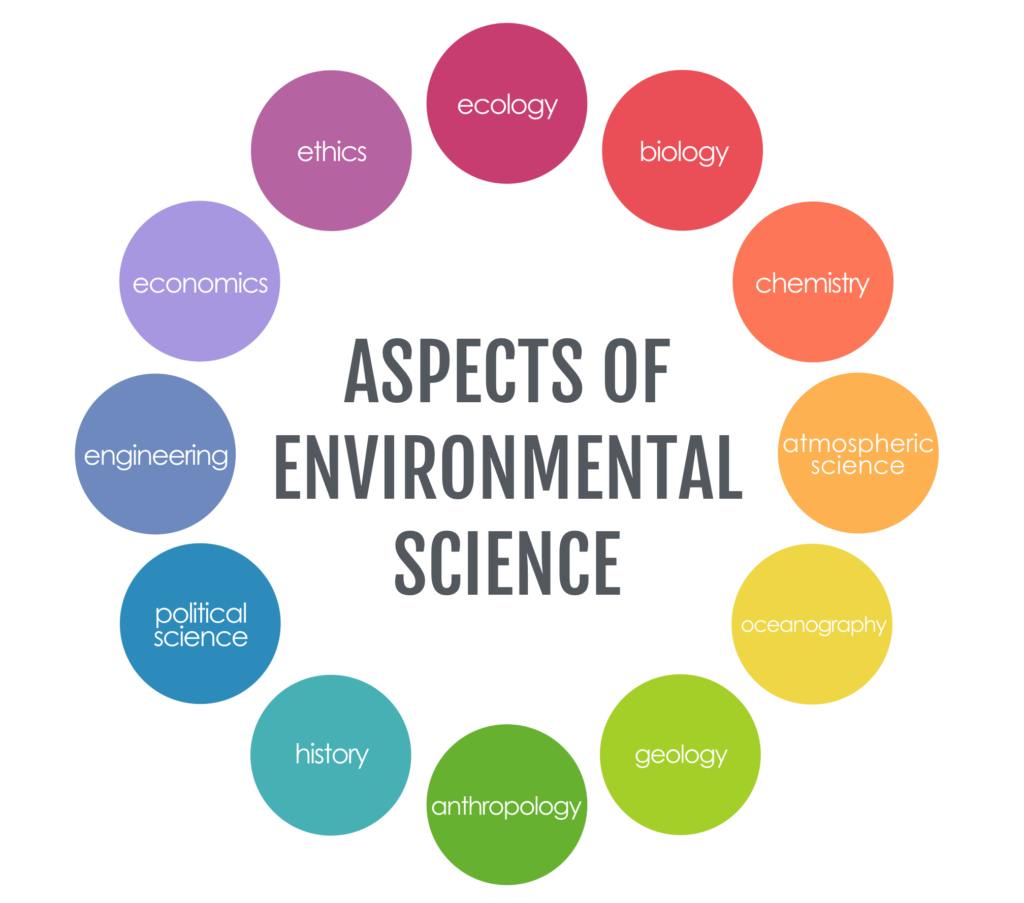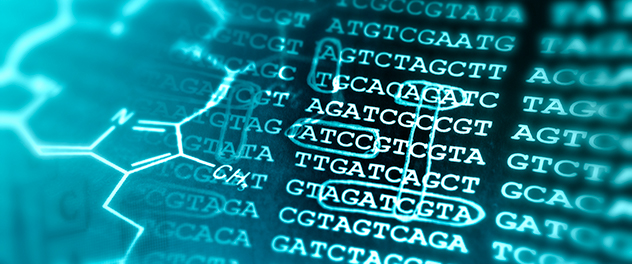Course Details:
Biology education is an undergraduate program that combines the study of biology with the principles of education. It is designed to equip aspiring educators with a deep understanding of biological concepts and theories, as well as the pedagogical skills necessary to effectively teach and engage students in the subject.
In this program, students delve into the fascinating world of living organisms, exploring topics such as cellular biology, genetics, ecology, physiology, and evolution. They develop a solid foundation in biological principles, gaining insights into the intricate processes that govern life on Earth. Alongside their scientific coursework, students also engage in educational psychology, instructional methods, curriculum design, and classroom management. They learn how to translate complex biological concepts into engaging and accessible lessons, catering to diverse learning styles and fostering a passion for science among their future students.
With a degree in biology education, graduates are well-equipped to pursue careers as biology teachers at the secondary school level. They possess a strong knowledge base in biology, enabling them to provide comprehensive and accurate instruction. Moreover, their training in education equips them with the necessary skills to create dynamic learning environments, foster critical thinking, and promote scientific inquiry among their students. The field of biology education is not only intellectually stimulating but also offers a rewarding opportunity to inspire the next generation of scientists and contribute to the advancement of scientific literacy in society.
Course Structure:
A Bachelor of Science (B.Sc.(ED)) in Biology Education can be earned after three or four years of
study at Anchor University.
The majority of staff members who are tutors in their field provide tutorials,
classes, and lectures. Many of them are top-tier experts with extensive training in
both teaching and research. Educated PhD students and early-career researchers with
practical research experience may also conduct some teaching.
-
First Year Courses
- Core Courses (70%):
- General Biology I & II
- Introductory Genetics and Ecology
- Practical Biology
- Inorganic Chemistry I
- Organic Chemistry I
- Practical Chemistry
- Introduction to Computer Science
- Supplementary Mathematics
- Descriptive Statistics
- Physical Chemistry I
- Introduction to History & Policy of Education
- Sociological & Philosophical Foundation of Education
- Psychological Foundations of Education
- Introduction to Special Education
- General Science Methods I
- Mathematics for the Sciences
The courses listed on this page are illustrative and may change.
Assessment
- Continuous Assessment.
- Laboratory Practicals.
- Examination.
- Projects.
-
Second Year Courses
- Core Courses (70%):
- Introductory Developmental/Cell Biology
- General Ecology
- Biological Techniques
- Genetics I
- General Physiology
- General Botany I & II
- Introductory Microbiology II
- General Statistics II
- Chordate Zoology
- Invertebrate Zoology I & II
- Instructional Media and Resources
- Biology Methods I
- Psychology of Learning
- Teaching Observation
- Basic Statistics in Education Practices
The courses listed on this page are illustrative and may change.
Assessment
- Continuous Assessment.
- Laboratory Practicals.
- Examination.
- Projects.
-
Third Year Courses
- Core Courses (70%):
- Genetics II
- Applied Ecology
- Molecular Biology I
- General Physiology II
- Evolution
- Parasitology I
- Taxonomy of Higher Plants and Animals
- Environmental Microbiology
- Biology Methods II
- Research Methods in Education
- General Principle of Curriculum & Instruction
- Introduction to Instructional Technology
- Professional Practice II
- History & Policy of Educ. In Nigeria
- Philosophy of Education
- Measurement & Evaluation
The courses listed on this page are illustrative and may change.
Assessment
- Continuous Assessment.
- Laboratory Practicals.
- Examination.
- Projects.
-
Fourth Year Courses
- Core Courses (70%):
- Systematic Biology
- Genetics in Molecular Biology
- Biotechnology
- Essay
- Curriculum Development, Implementation and Revision
- Professional Practice III
- Sociology of Education
- Developmental Psychology
- Educational Administration
- Comparative Education
- Research Project*
The courses listed on this page are illustrative and may change.
Assessment
- Continuous Assessment.
- Laboratory Practicals.
- Examination.
- Projects.





